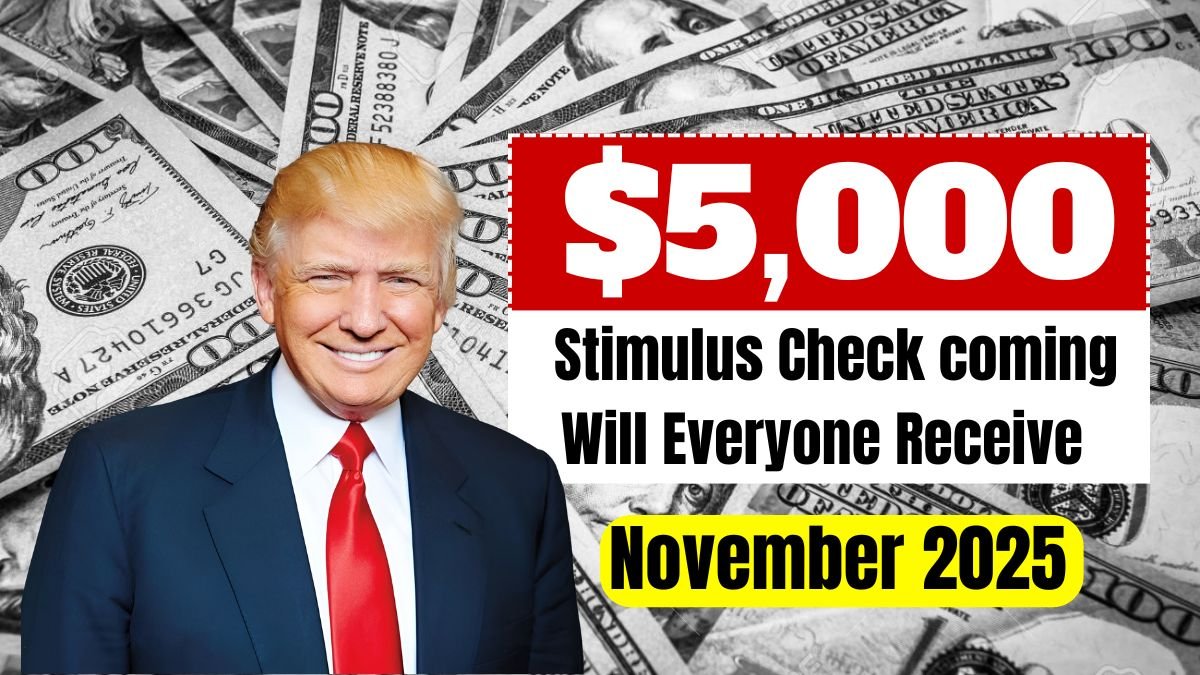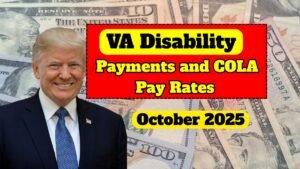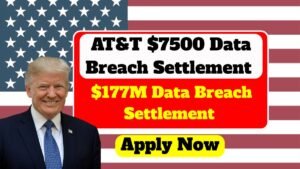Introduction:The announcement of a $5,000 stimulus check in October 2025 has attracted widespread interest across the United States, as many households face growing expenditures. When financial relief is offered, Americans want to know who qualifies, how payments will be distributed, and if everyone will actually receive it. The government’s goal, as with previous stimulus initiatives, is to help families, retirees, and low-income earners who are dealing with inflation.
However, not all citizens will immediately qualify for this payout. The eligibility standards and payment schedule will determine who benefits from this financial assistance package. In this post, we go over the specifics, including eligibility requirements, potential exclusions, and when the monies are scheduled to reach American homes.
Has a $5,000 check been announced?
To start, it is important to know that as of today, congress has still not formally approved a one-time stimulus check of this amount in the U.S. There have been local state media reports regarding state-level relief payments, but again, the figure of $5,000 is neither universal nor well documented in proposed legislation.
- One report suggests that some states are issuing direct payments in November 2025.
- In contrast, analysts indicate that the federal government has not made any public pronouncements on sending out any new large-scale stimulus checks.
- Accordingly, to state “everyone will receive it” is premature.
- This should be viewed as an option that will still require full legislative process, budgeting, and congressional review.
Background of this payment: Why is it being discussed?
This idea has emerged because the U.S. implemented COVID-19 relief packages and other economic assistance programs in previous years. For example, the Internal Revenue Service (IRS) issued “Economic Impact Payments” during the pandemic.
Since then, the discussion of “when will the next stimulus check arrive?” has been ongoing. Some states have provided their own relief checks or tax rebates Therefore, the discussion of a $5,000 check is in this context: If the federal or state governments decide to provide a large relief amount considering the rising cost of living, inflation, and other economic challenges, then this could be a possibility. However, several provisions would need to be met for this to happen — such as budget approval, eligibility criteria, distribution mechanisms, etc.
Who might be eligible?
If a $5,000 check is indeed issued, the following factors may matter — although official rules have not yet been announced:
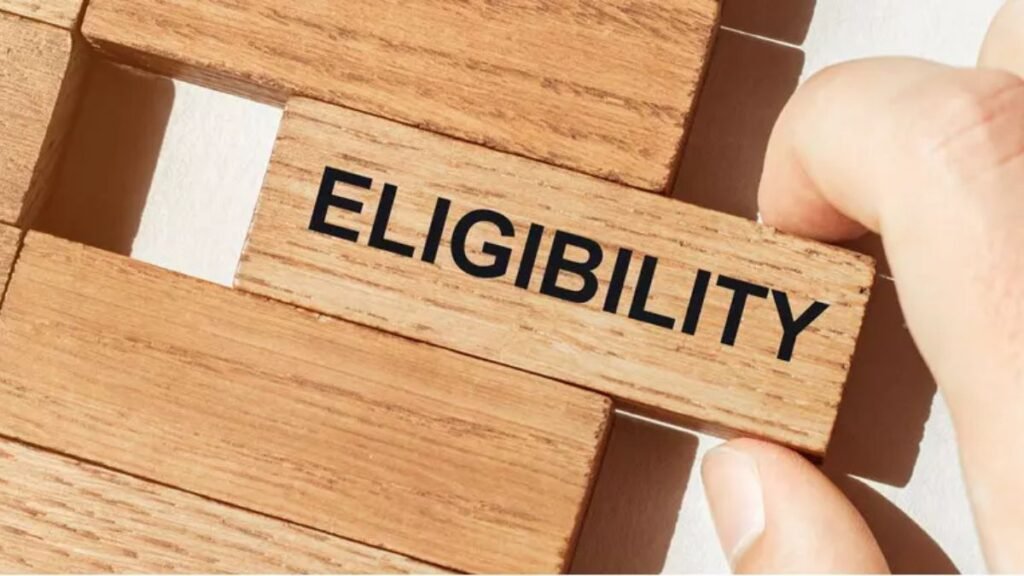
- Income Threshold: Income is a factor in most relief programs. High-income earners may not receive the full benefit. For example, many previous stimulus checks had income limits.
- Tax Filing / Social Security Number: It may be required that an individual has filed a tax return or has a valid Social Security Number (SSN) to be eligible for relief. Previous programs had such requirements.
- Residency Status / Citizenship: Some programs required being a U.S. citizen or a resident alien. There were limitations for non-residents or those who did not file income taxes.
- Bank Account / Bank Details: Bank account details may be necessary for checks or direct deposit to ensure timely payment.
- Previous Program Benefits / Distribution Mechanism: It may be considered whether you received benefits in previous
- Relief programs: sometimes those who have already received benefits may not receive the full amount in subsequent checks.
Will everyone receive it? Who might not receive it?
Here are some reasons why the $5,000 check might not go to everyone:
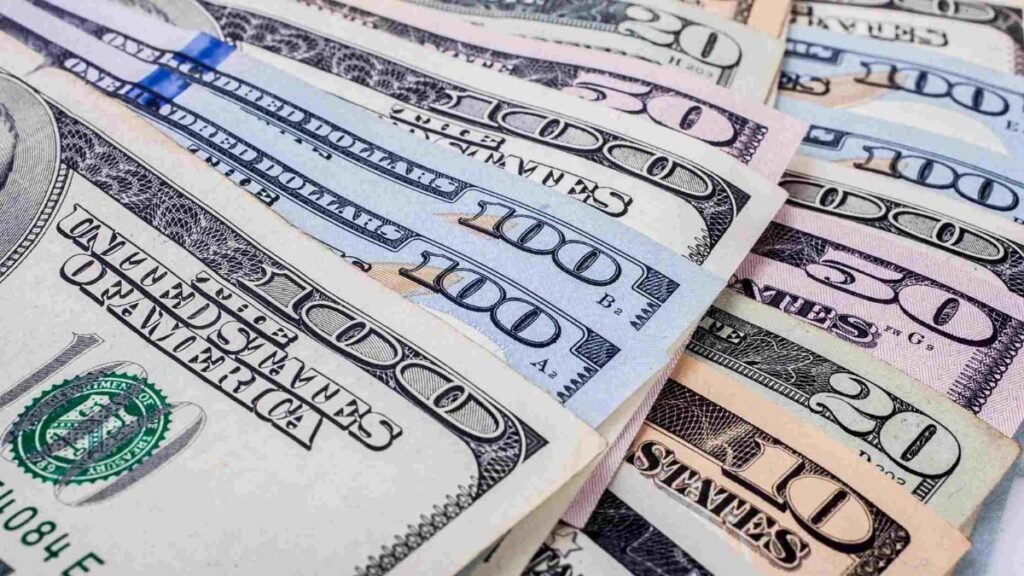
- If you are a very high-income earner, you may not receive the full benefit or any benefit at all.
- If you haven’t filed a tax return or don’t have an SSN, you may be ineligible.
- If this program is only for a select population or low-income groups, the general public will not receive it.
- This has been seen in some state-level programs.
- There may be delays in Congressional approval or budget planning meaning the program or amount could change.
If your bank account is closed or the payment details are incorrect, there may be delays in receiving the funds. So, the conclusion is that no, this check does not mean “all American citizens will receive $5,000”—rather, it indicates that “some eligible individuals may receive a substantial relief payment.”
How long should we expect to wait?
If this program does happen, the timeline for distribution could look something like this:
- Media reports suggest that the check is being discussed for around “November 2025.” However, this is not yet an official date.
- Some states have already begun issuing some payments, but the amounts vary and are much smaller.
- Federal budget approval, passage of legislation by Congress, and notification from the IRS or other agencies are still pending so it could take anywhere from “early November” to “advance distribution.”
- When it is payment time, confirm that you are eligible and that your tax filing is accurate and your banking information is current to avoid delays with payment.
So what can you do now?
You can help prepare by doing the following:
- Confirm that your tax return is accurate and complete and reflects your most recent filing.
- Update your bank account details (routing number, account number) and ensure the account is active.
- Keep your credit/Social Security number information accurate.
- Be wary of any messages or emails: There are many phishing scams circulating that say things like “Click here for your new stimulus check.”
- If this check is part of a program you are eligible for, respond promptly when information becomes available—such as applying, registering bank account details, etc.
Possible Social and Economic Impacts
Should a check for $5,000 be officially enacted, among the major impacts would be:
- Increased Household Consumption: More cash could cause households to increase household consumption, primarily on retail sales (as well as other services), and other sectors of the economy.
- Debt Relief: Lower income households could use the funds to pay down debt or save them.
- Inflation: Distributing a large sum of cash does raise concerns about inflation; economists warn about this all the time.
- Stress on Fiscal Capacity: This could add fiscal stress to the budget that may affect tax policies, and/or other social programs.
- Equity and Fairness: Socially, deciding how eligibility is determined – whether low-income families are subsidized, or everyone receives the same check – is a bigger question.
Conclusion
In sum, yes, there is a possibility of a $5,000 check being issued and that is being talked about; but no, it is not guaranteed for everyone. There are many unknowns the source of the funding, eligibility, timing, and amount are all not clear and will be revealed in due courseIf you are a current legal U.S. citizen or resident and think you might qualify for this in the future.
I would be proactive now and prepare review your tax returns, have your bank information readily available, and be on the lookout for any scams If a future announcement occurs, make sure to be aware of what the specific eligibility is, when the opportunities to apply happen, and when that might be. Now you have all that information available to you and will be ready to go upon any updates.
FAQs
Q1. What is the $5,000 stimulus check being discussed for November 2025?
A. It refers to a rumored or proposed one-time federal or state relief payment aimed at helping Americans facing financial challenges.
Q2. Has the U.S. government officially confirmed the $5,000 stimulus check?
A. As of now, there is no official confirmation from the federal government or IRS regarding such a payment.
Q3. Who could be eligible for the $5,000 stimulus check?
A. If approved, eligibility may depend on factors such as income level, tax filing status, Social Security number, and U.S. residency.
